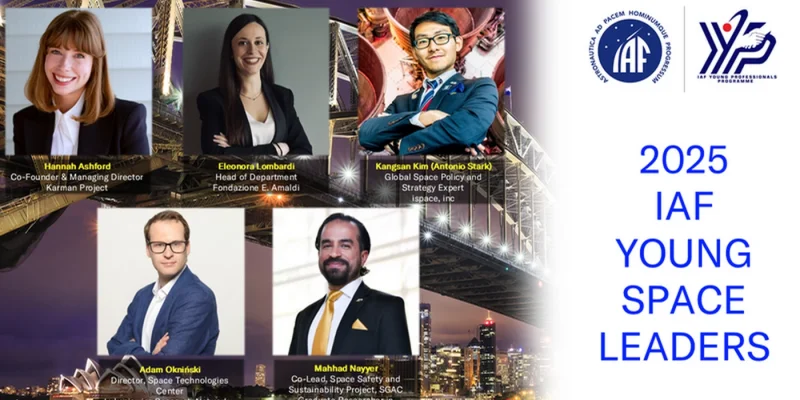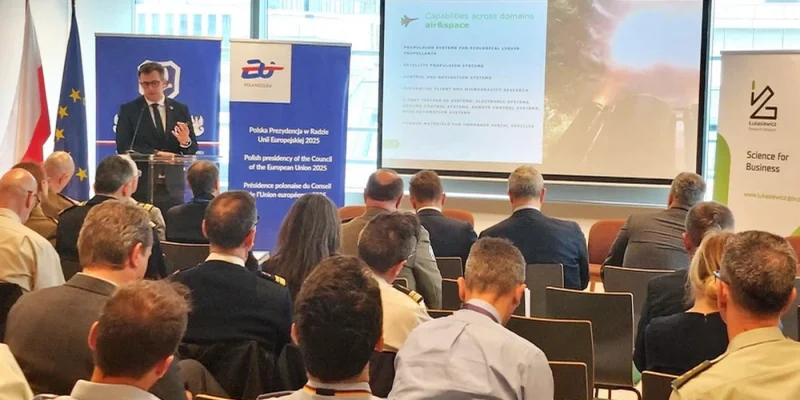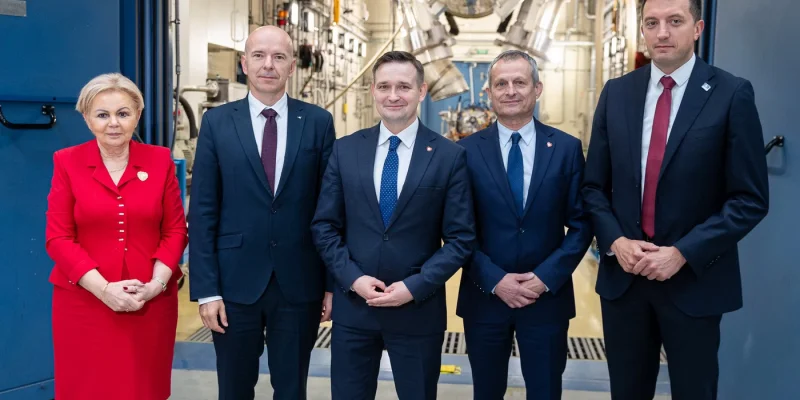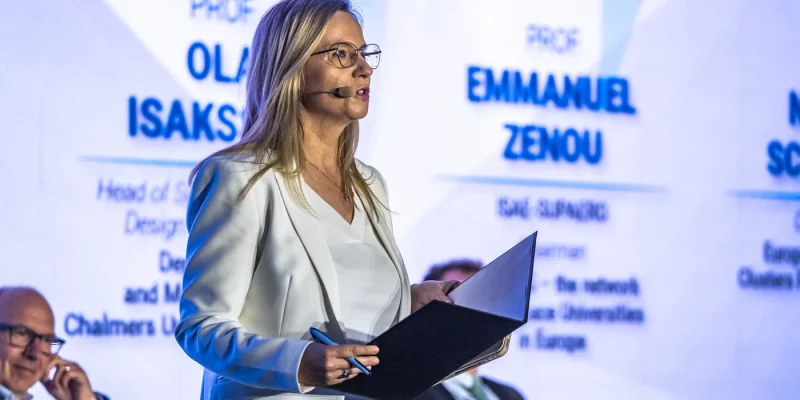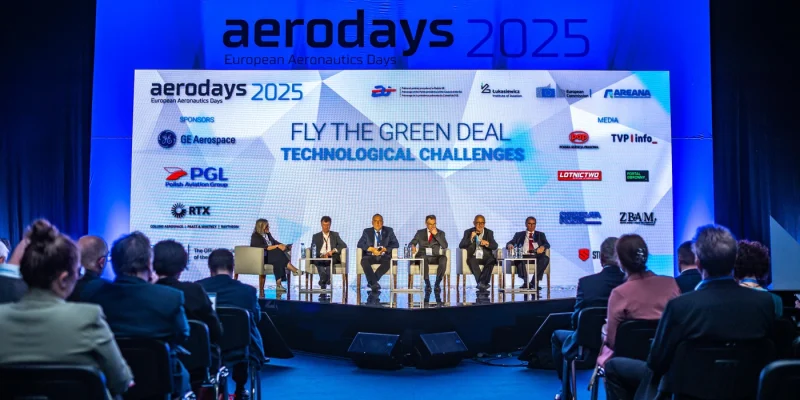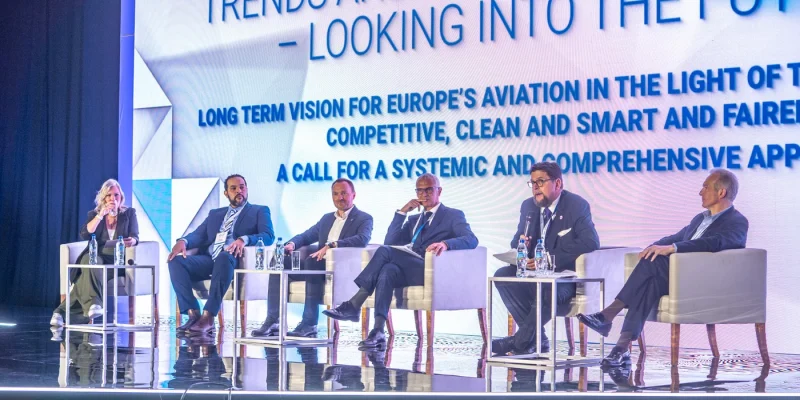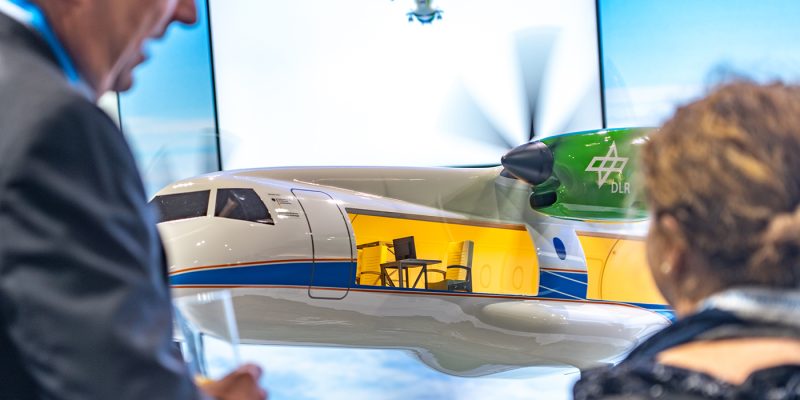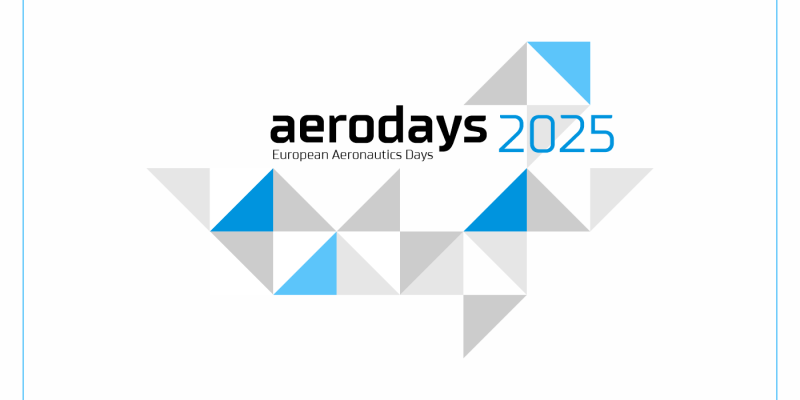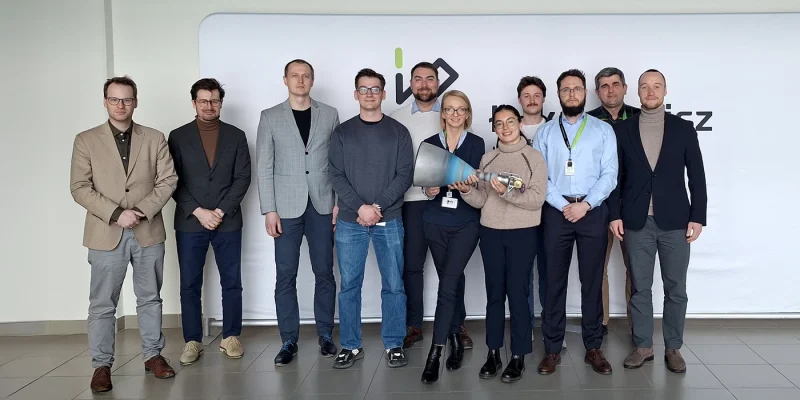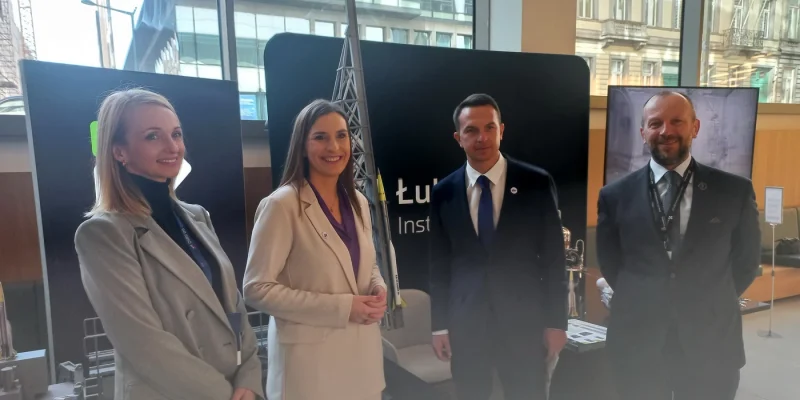The January issue of the magazine “Sprawy nauki” published an interview with professor Piotr Wolański, the chairman of the Committee on Space Research of the Polish Academy of Sciences and the initiator of the ILR-33 “Amber” rocket (ILR-33 “Bursztyn”) at the Institute of Aviation. The interview recalled the history of the “Meteor” rocket program, the research potential of the “Amber” rocket, as well as forecasts and obstacles to the development of the rocket program in Poland.
Although “Meteor” rockets were built in Poland 45 years ago, according to professor Piotr Wolański, the “Amber” rocket, despite similar parameters, has much better development prospects and greater research potential from its predecessors. It can be used not only to probe the atmosphere, but above all to microgravitational research (technological experiments, e.g. crystal growth in electronics, and biological experiments).
In the opinion of professor Wolański, the construction and development of the “Amber” rocket confirmed the high competences of the scientific staff of the Institute of Aviation. The constructors involved in the project have gained the necessary knowledge in the field of space technology, and now they also use their experience in the projects for the European Space Agency. Their successes include development of ecological rocket fuel – hydrogen peroxide with concentration above 98%. The “Amber” rocket is the first rocket in the world that uses such a high concentration of hydrogen peroxide as an oxidant.
Professor Wolański, beside others, stressed in the interview the legitimacy of Poland investing in the program of building small rockets, indicating that it is currently the leading trend in the world, perceived by important players on the space technology market. He also adds that the return on the funds invested in the construction of the rocket is much greater than in a satellite. It is also worth noting that rockets can be launched several times a year, while satellites rarely, and most of the elements needed to build them, unlike rockets, are only available abroad.
The entire interview is available here [Polish version only].


